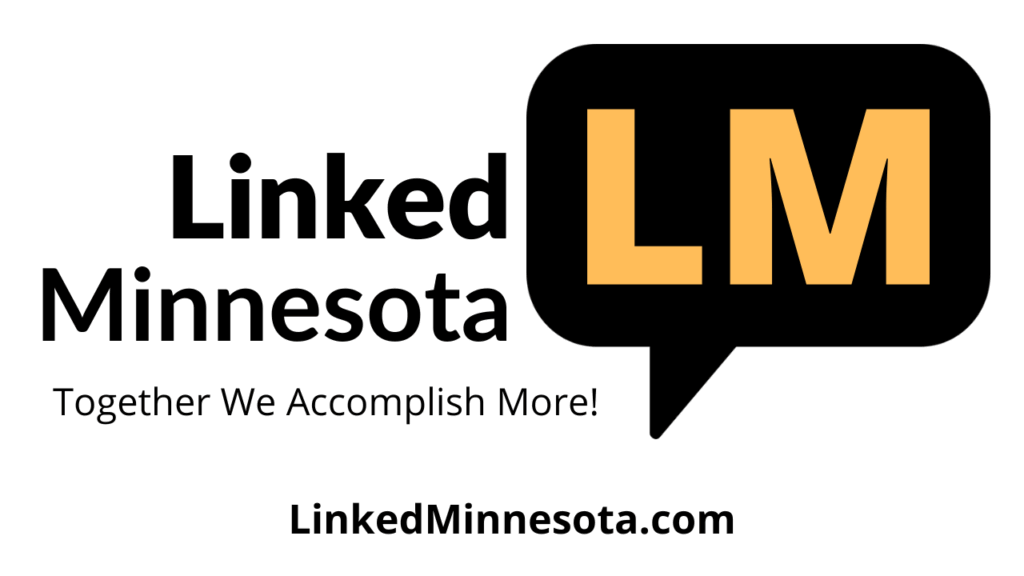- Everything Is Working Out: How a Positive Mindset and Affirmations Can Transform Your Life
- 🔥 How Twin Cities Real Estate Investors Are Quietly Locking Up FSBO Deals with Automated Direct Mail
- Affiliate Programs of Products that Appeal to Real Estate Professionals
- Real Estate Schedule Chaos: Unpredictable Appointments Explained
- Creative Finance Explained For BEGINNER Investors










